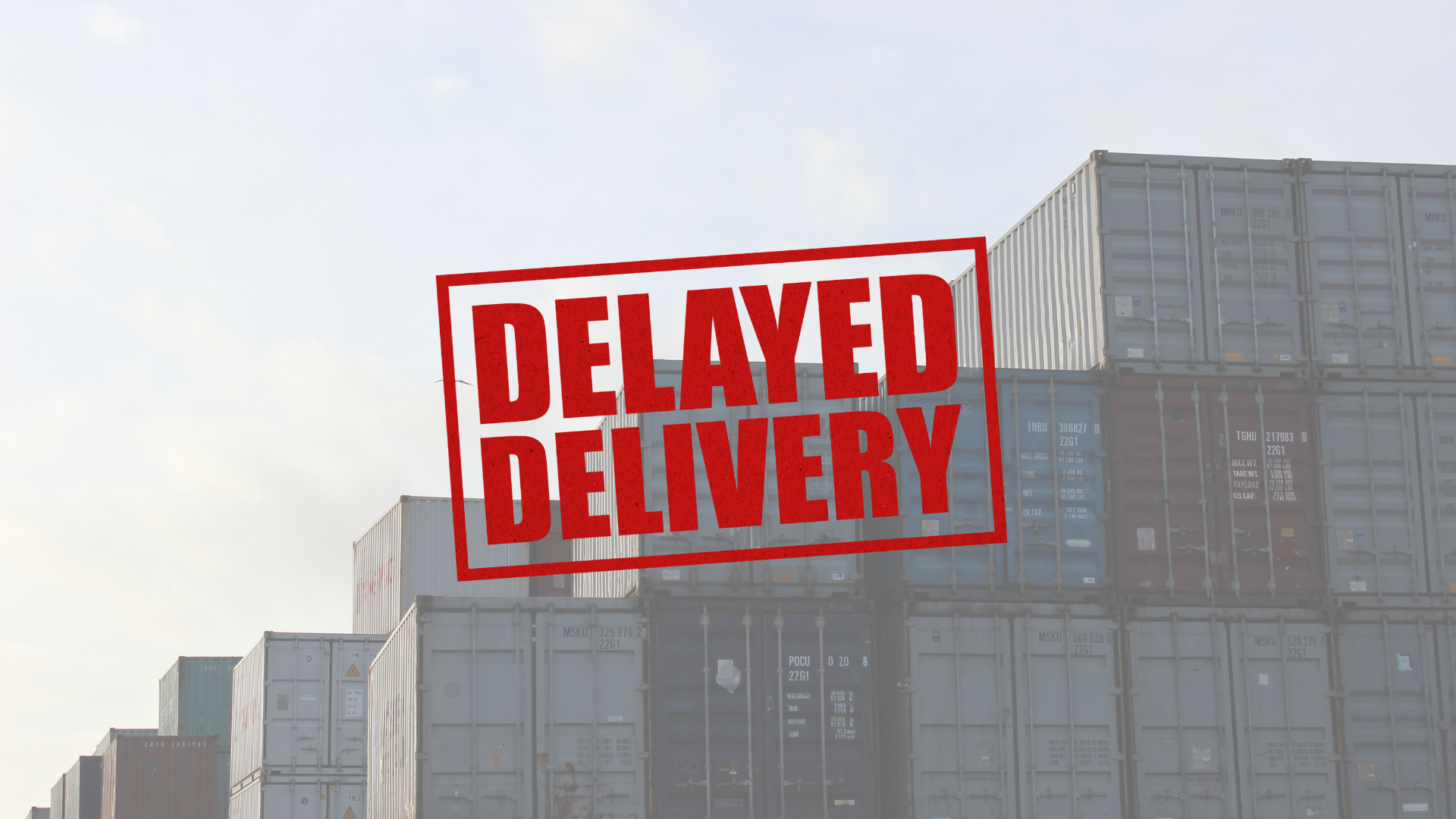Environmental Benefits of Smart Container Tracking Solutions

Shipping is the backbone of global trade, mobilizing everything from electronics to fresh produce across oceans. But, were you aware that smart tracking solutions are highly essential for aiding the protection of the environment? By employing advanced technology to monitor and optimize shipping, we can reduce waste, cut carbon emissions, and promote more sustainable practices. Let’s explore how this works and why it matters for the future of our planet.
Cutting Emissions with Efficient Routes
Every ship burns away fuel, and the more time at sea the more emissions it produces. Smart tracking solutions assist shipping companies plan the shortest and most efficient routes, reducing travel time and fuel consumption. Think about it—if a ship can save even a few hours on its journey, that’s a substantial reduction in the amount of carbon dioxide released into the atmosphere.
By operationalizing real-time data, tracking systems can also help ships avoid bad weather or congested ports, which could increase fuel consumption, but with smart tracking, ships can adjust their routes on the fly. It’s akin to GPS that not only tells you the quickest route but also warns you about potential traffic jams.
And it’s not just about saving money for shipping companies. The environmental impact of these savings is significant. With thousands of ships sailing the seas every day, even small improvements in efficiency add up to big reductions in global emissions.
Preventing Waste with Better Monitoring
Imagine you’re shipping a container of fresh fruit halfway across the world. If the container’s temperature isn’t monitored properly, the fruit might spoil before it arrives. This kind of waste isn’t just bad for business; it’s bad for the environment, as well.
Smart tracking solutions use sensors and real-time data to monitor conditions like temperature and humidity inside containers. If something goes wrong, the system sends an alert so the problem can be fixed immediately. This technology doesn’t just save products—it saves the resources used to grow, package, and transport them.
Think of the water, energy, and labor involved in producing just one shipment of food. When that shipment goes to waste, all those resources are wasted too. By reducing spoilage, smart tracking helps make global shipping more sustainable and less harmful to the planet.
Encouraging Green Shipping Practices
Smart tracking solutions are incentivizing the shipping industry to adopt greener practices. How? Thereby making it easier to measure and report environmental performance. When companies know precisely the level of fuel consumption and how efficient their routes are, they’re more likely to invest in eco-friendly upgrades.
For example, tracking data can highlight opportunities to switch to cleaner fuels or invest in energy-efficient ships. Some companies are even using this data to earn green certifications, which show their commitment to sustainability. These certifications can be a big selling pitch for customers who want to support eco-friendly businesses.
And let’s not forget about competition. As more companies adopt smart tracking and go green, others will feel the pressure to do the same. It’s a positive cycle that benefits everyone—especially the environment.
The Circular Economy in Logistics
Have you heard of the circular economy? It’s a system where resources are reused and recycled to the greatest extent possible. Smart tracking solutions play a big role in making this happen in the shipping industry.
For instance, tracking systems can monitor the location and condition of reusable containers, making it easier to return them for future use. Instead of producing new containers every time, companies can keep reusing the same ones, conserving materials and energy.
This methodology also helps reduce waste in ports and warehouses. By knowing exactly when and where containers are needed, companies can avoid overstocking or understocking. It’s a more efficient and sustainable way to manage resources, and it’s good for the planet too.
Why It Matters
The shipping industry is frequently censured for its negative environmental impact, however smart tracking solutions are proving to us a better way forward. By cutting emissions, reducing waste, encouraging green practices, and supporting the circular economy, these technologies are making a real difference.
And you don’t have to be a shipping expert to appreciate these benefits. Each and every time you place an online order, the chances are that it’s being delivered more sustainably thanks to smart tracking.
So next time you see a container ship on the horizon, think about all the technology working behind the scenes to preserve our planet. The future of shipping is not just faster and more efficient—it’s greener too. And that’s something we can all celebrate.
최근 몇 년 동안 기업들은 원자재 수급 차질, 물류 지연, 운송 비용 급등과 같은 문제에 직면하며 공급망 불안정성을 실감하고 있습니다. 이러한 불확실성 속에서 기업들은 단순한 비용 절감을 넘어, 리스크를 최소화하고 예측 가능성을 높이는 방향으로 공급망 관리(Supply Chain Management, SCM)의 패러다임을 전환하고 있습니다.
선박 충돌은 단순한 해양 사고를 넘어 해상 물류 전반에 연쇄적인 피해를 초래하는 고위험 리스크입니다. 본 글에서는 실시간 데이터 기반 예측과 SeaVantage 솔루션을 통해 이러한 충돌 위험을 사전에 감지하고 효과적으로 대응하는 전략을 소개합니다.
화물 운송 지연은 단순한 일정 변경이 아니라 기업의 수익과 신뢰도에 직접적인 영향을 미칩니다. 복잡한 글로벌 공급망을 운영하는 기업이라면 화물 운송 지연으로 인해 추가 비용 발생, 계약 불이행, 고객 만족도 하락 등의 문제가 발생할 수 있습니다.
Discover how IoT cargo monitoring reduces spoilage, damage, and delays across industries. Learn how real-time visibility with SeaVantage protects shipments and improves logistics performance.
Extreme weather is disrupting ocean shipping more than ever, causing delays, rising costs, and supply chain chaos. Discover how real-time visibility tools like SeaVantage help logistics teams predict and adapt to storms, droughts, and port closures—keeping cargo on track and businesses ahead of disruptions.
Discover how poor speed and draught management in shipping can lead to skyrocketing fuel costs, compliance risks, and operational inefficiencies. Learn actionable strategies to optimize vessel performance and save millions.



.svg)
.png)






.png)